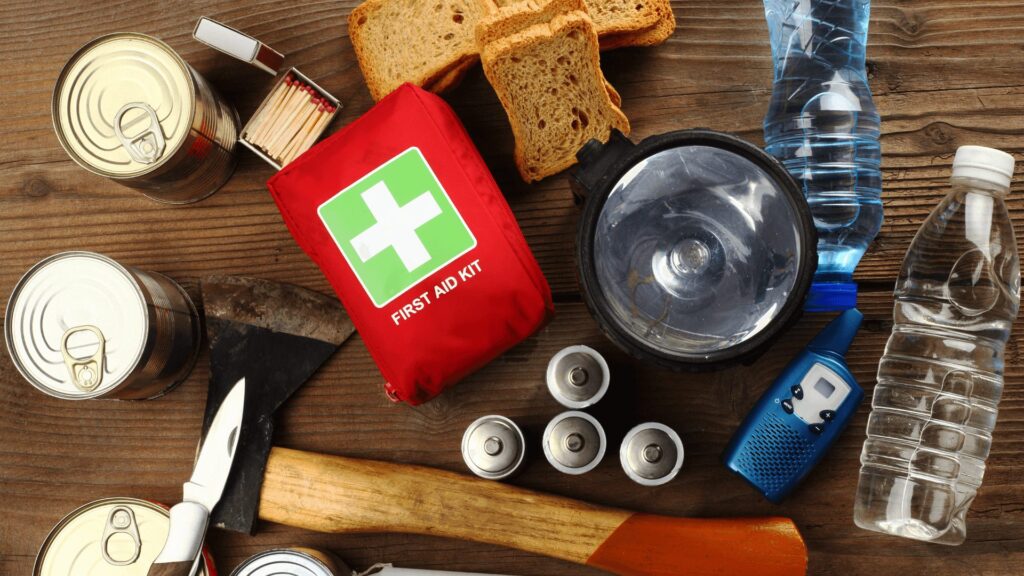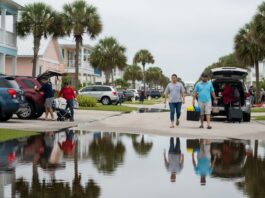September is National Preparedness Month, a time to focus on preparing for disasters and emergencies. In Florida, this is especially important due to the state’s vulnerability to hurricanes and other natural disasters.
Key Steps to Prepare:
- Make a Plan: Discuss with your family how you’ll communicate before, during, and after a disaster. Ensure your plan aligns with current guidelines from the Centers for Disease Control and Prevention (CDC).
- Build a Kit: Assemble supplies that will last for several days after a disaster for everyone in your household, including pets. Update your kit based on CDC recommendations.
- Low-Cost, No-Cost Preparedness: Take actions like signing up for local alerts and safeguarding important documents to lessen the impact of disasters.
- Teach Youth About Preparedness: Talk to your children about preparing for emergencies and what to do if you’re separated.
Frequently Asked Questions:
1. What is National Preparedness Month?
National Preparedness Month is observed every September to raise awareness about the importance of preparing for disasters and emergencies.
2. How can I create an emergency plan for my family?
Involve all family members in creating a plan that includes communication methods, evacuation routes, and meeting points.
3. What should be included in an emergency supply kit?
Your kit should have enough food, water, medications, and other essentials to last at least seven days for each family member and pet.
4. How can I stay informed about local emergencies?
Sign up for local emergency alerts and have multiple ways to receive weather updates, such as a battery-operated or hand-crank weather radio.
5. Where can I find more resources on emergency preparedness in Florida?
The Florida Division of Emergency Management provides comprehensive resources and guidelines on their website.
By taking these steps, you can help ensure the safety and well-being of your family during emergencies.
For more information on protecting your home and belongings, consider reviewing your current homeowners insurance policy.
Remember, being prepared can make all the difference when disaster strikes.



